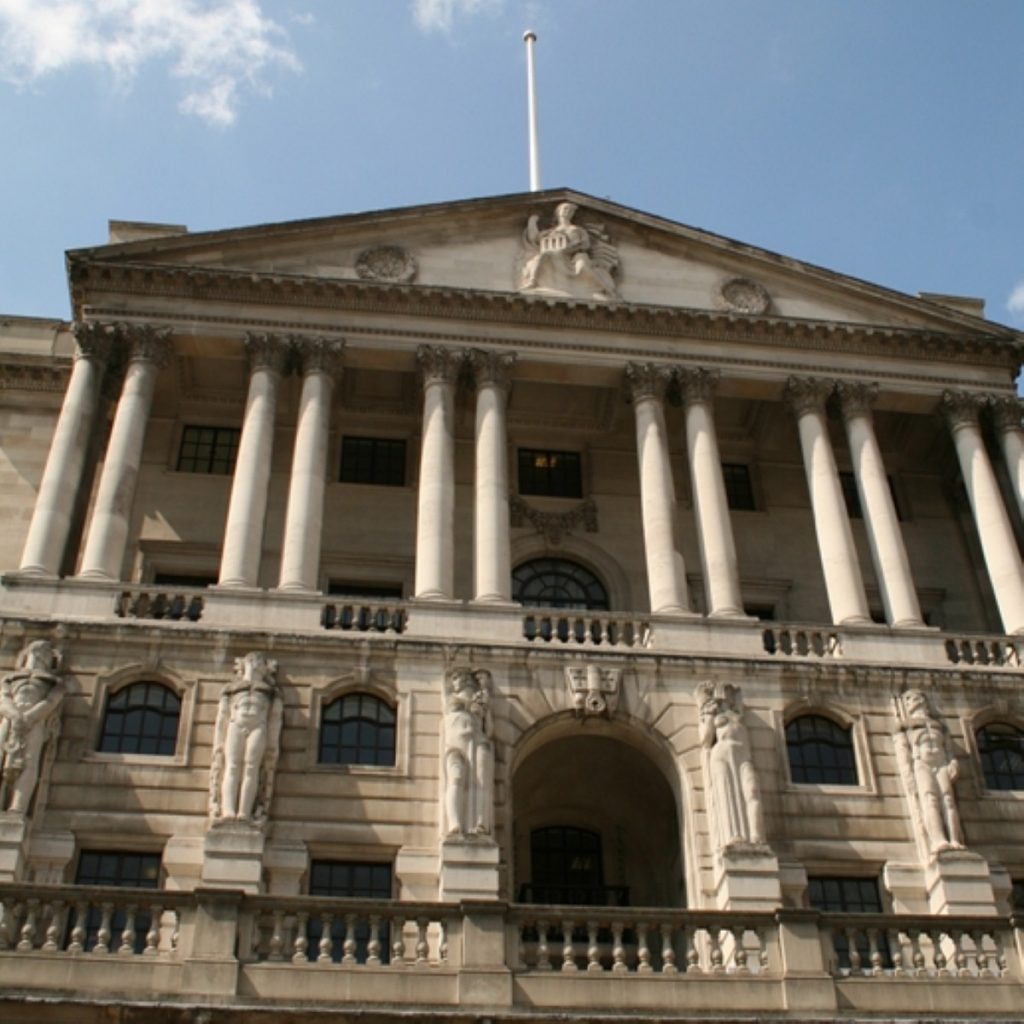The Bank of England has this lunchtime increased interest rates by 0.75% to 3%, the highest single interest rate rise since 1989.
The move by the Bank of England’s monetary policy committee comes as central banks around the world work to combat inflation. The latest inflation figures in the UK, had prices rising at 10.1%, their fastest rate of increase for over forty years, and well in excess of the Bank of England’s 2% target level.
Yesterday the US Federal Reserve increased interest rates by a similar 0.75%, taking rates across the water to 3.75%.
UK interest rates are themselves expected to rise further with many analysts suggesting the rate will increase from 3% to nearer 4.5% later in the year. The rise in UK interest rates from 0.1% in December 2020 to 2.75% today, has increased the average monthly tracker mortgage payment by around £260, the equivalent to around £3,120 per year.


Today’s rise equates to an increase of £880 per year for the average homeowner with a tracker mortgage.
The latest rise in interest rates, with its likely knock on effects on consumer spending and business investment, will only rise further concerns that the UK economy will soon enter recession.
Earlier this week, the investment bank, Goldman Sachs, forecast that UK GDP is now likely to experience a four quarter cumulative fall in gross domestic product next year of 1.6%.
The Bank of England has been criticised for its failure to get on top of inflation, with the Conservative MP John Redwood saying this morning, “The Bank of England failed to keep inflation down. It kept interest rates down for too long creating too much money”.
He continued, “Inflation remains low in Japan, Switzerland and Taiwan despite their need to buy dear energy. The Bank of England needs to learn from how they controlled money and credit to achieve this good outcome”.
The move by the Bank of England did though receive some support from the Institute of Directors, with the group’s Chief Economist, Kitty Usher saying, “Our data shows business leaders think inflation has not yet peaked, but many think it may do so in Spring 2023. Today’s rise, which is in line with expectations, is therefore the least-worst option, to anchor inflation expectations firmly at a lower level in the interests of overall macroeconomic stability. In the long term, stable prices are an essential backdrop for a healthy business operating environment”.












